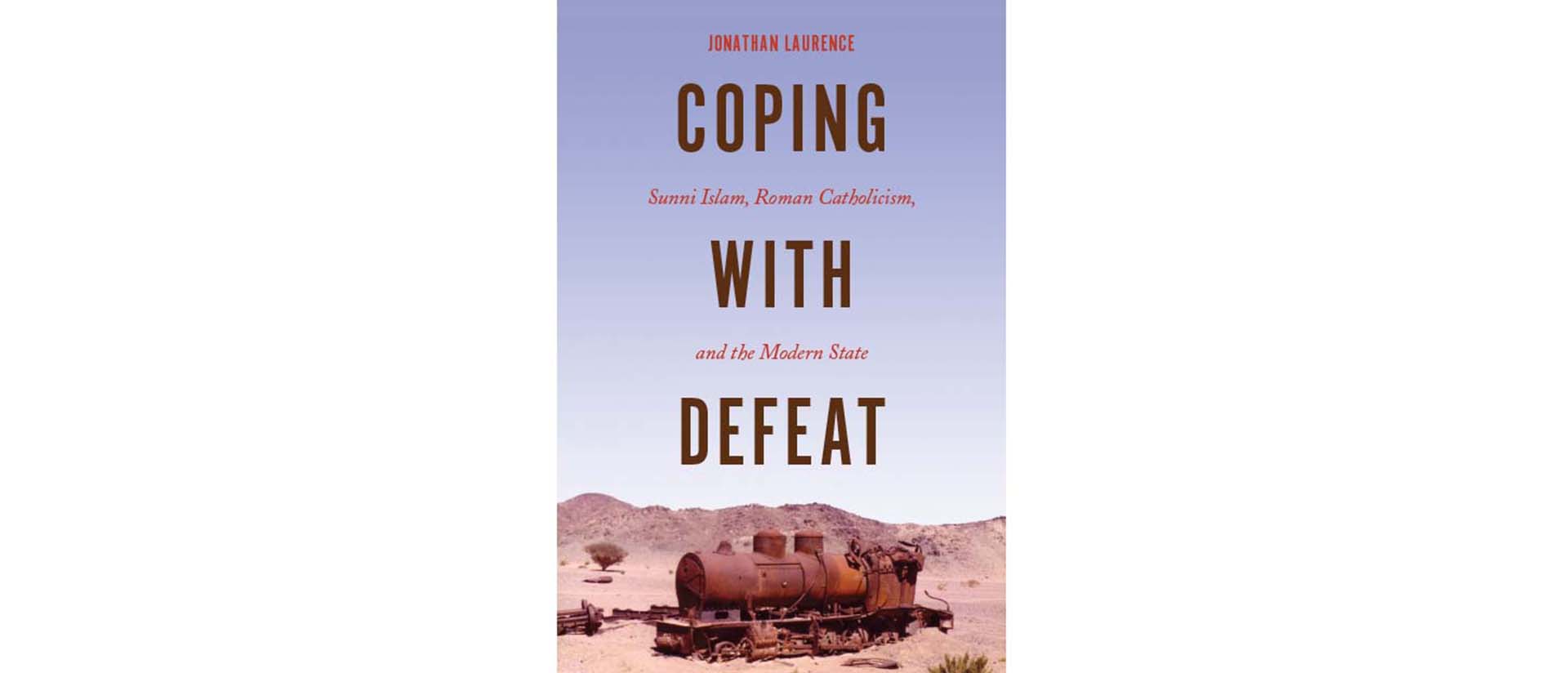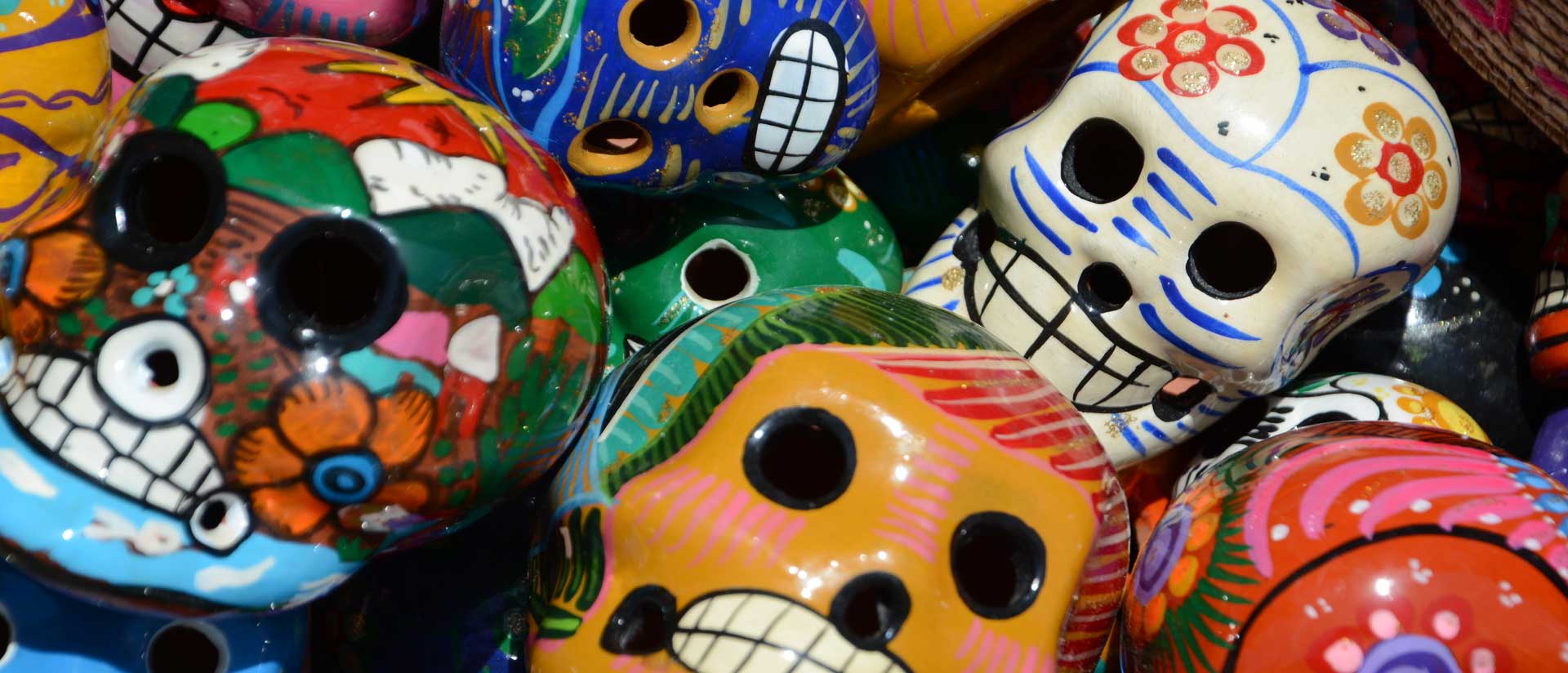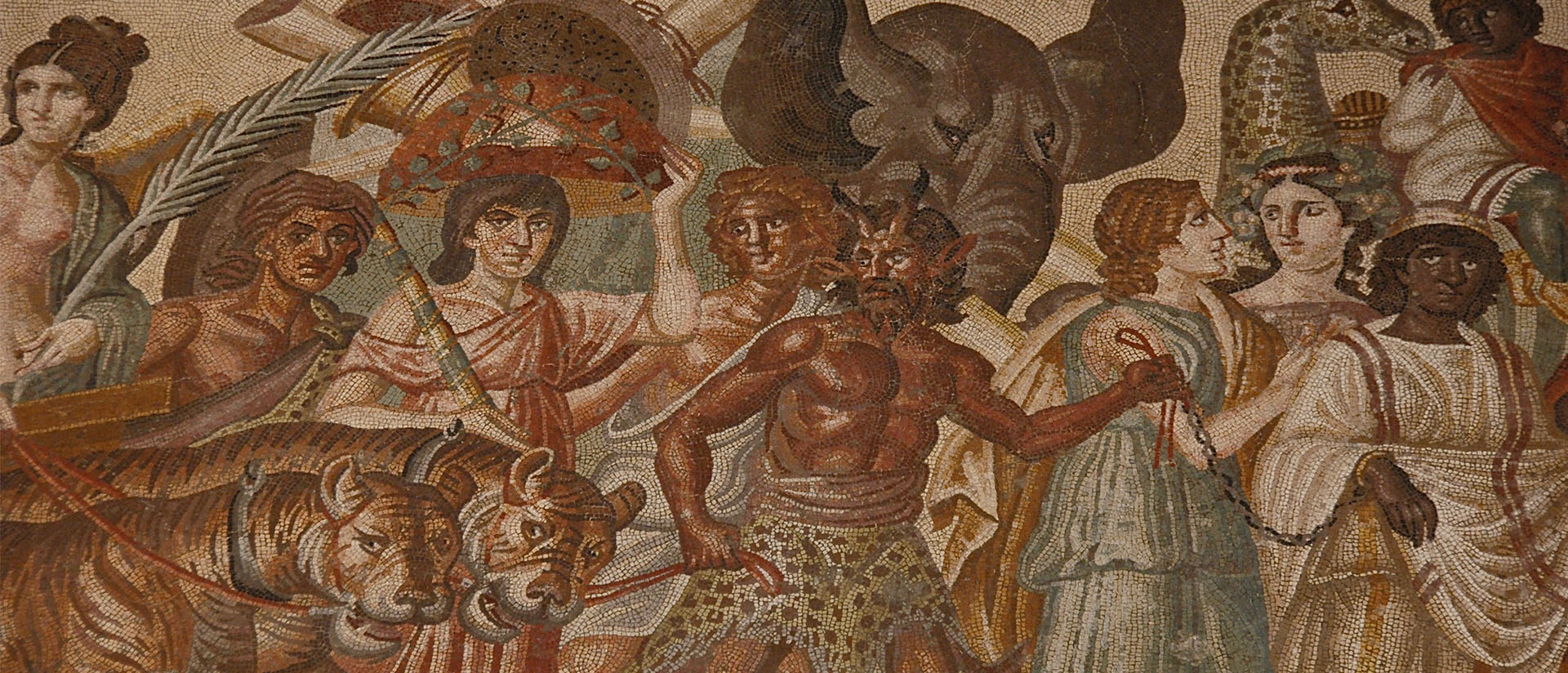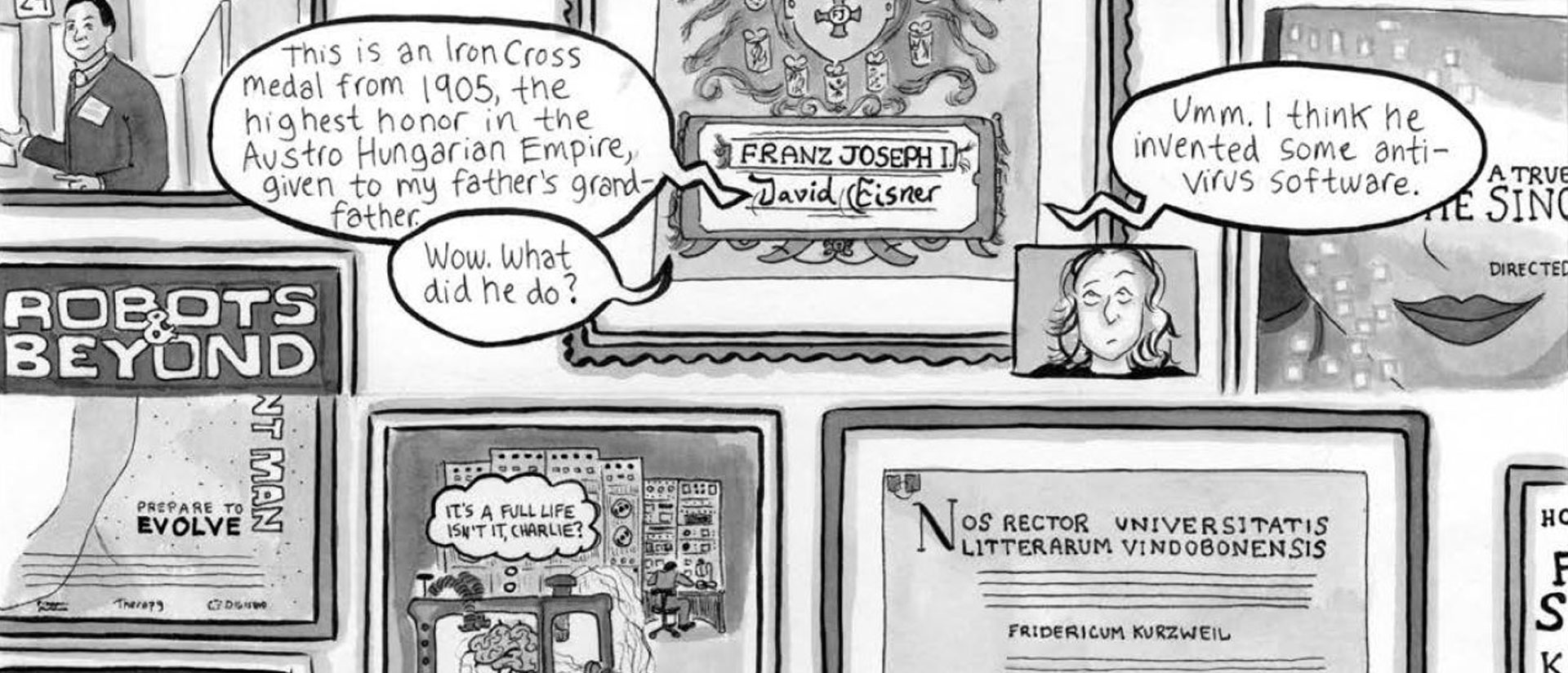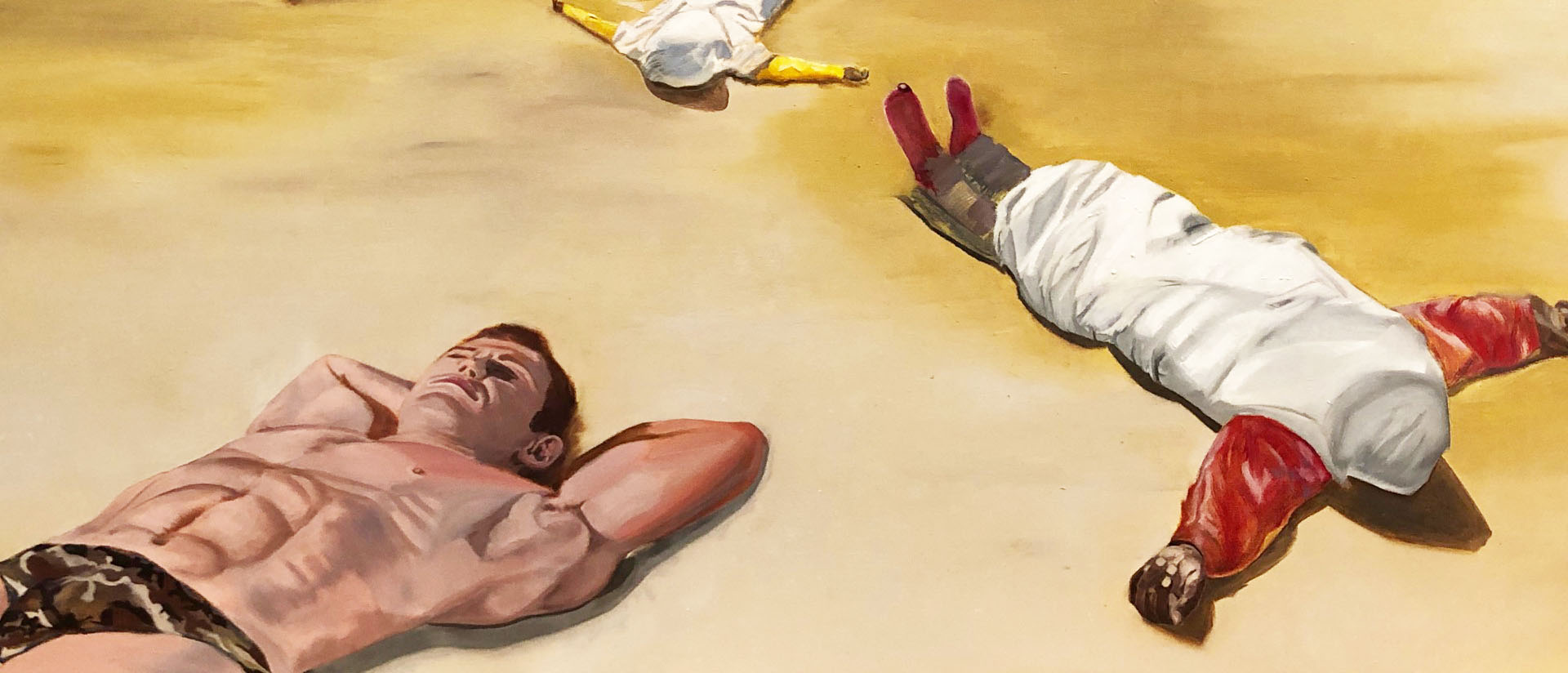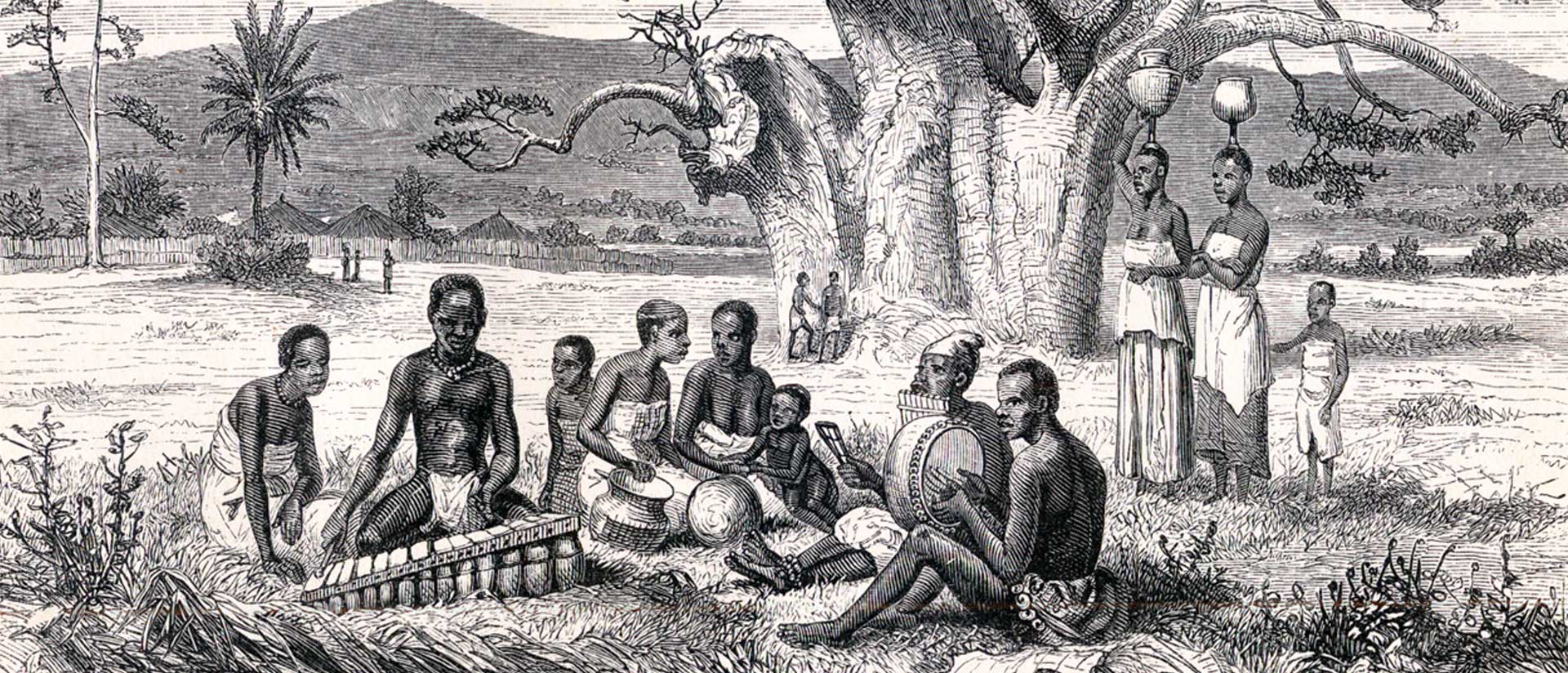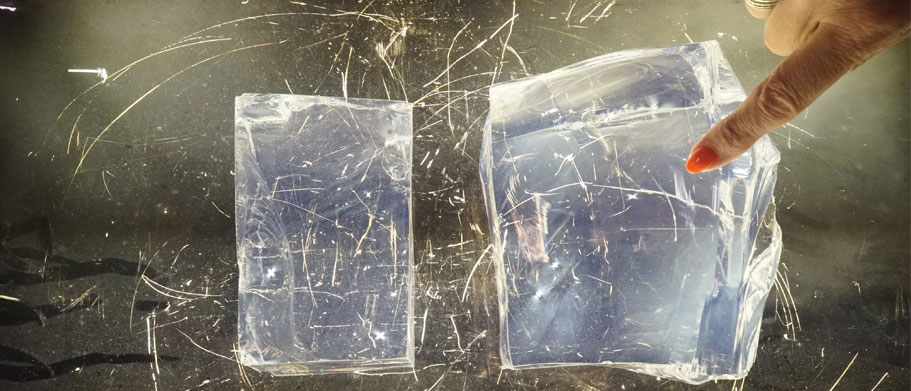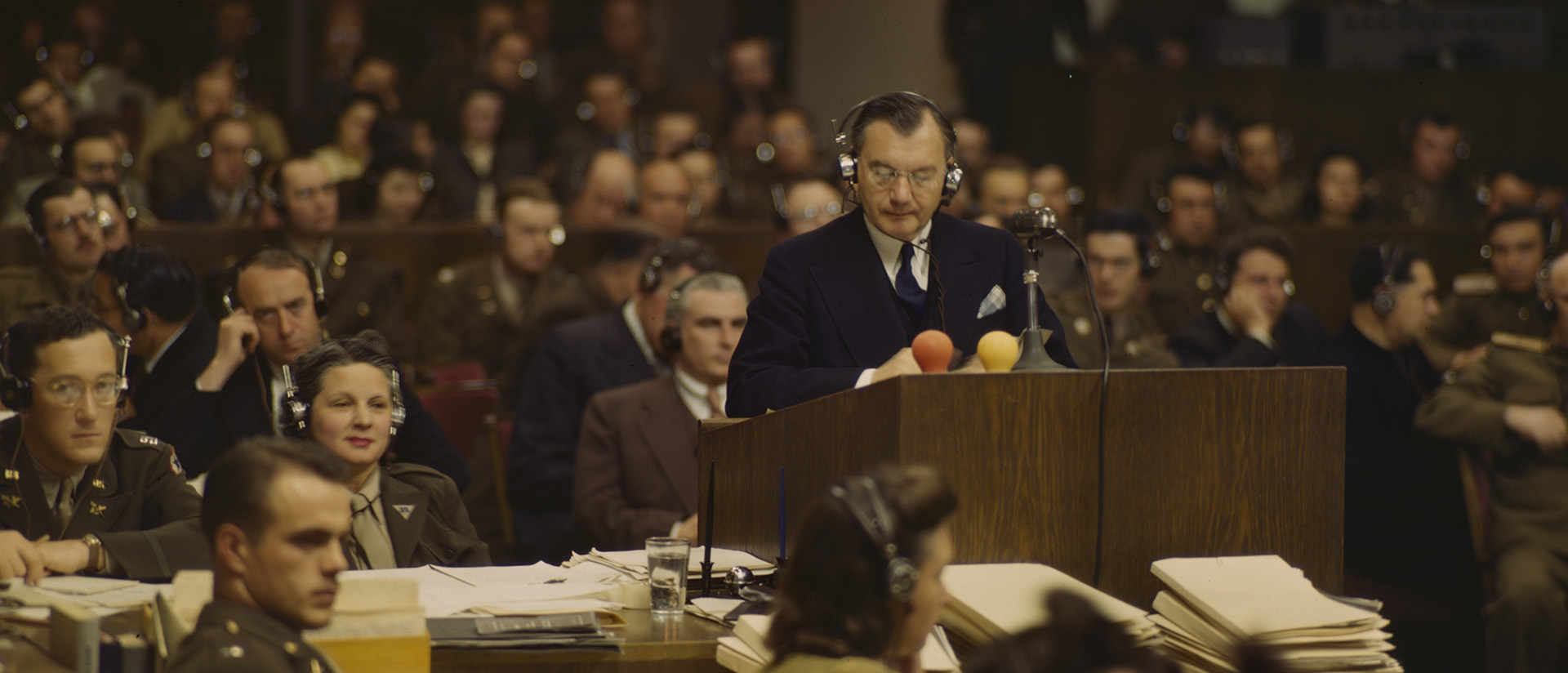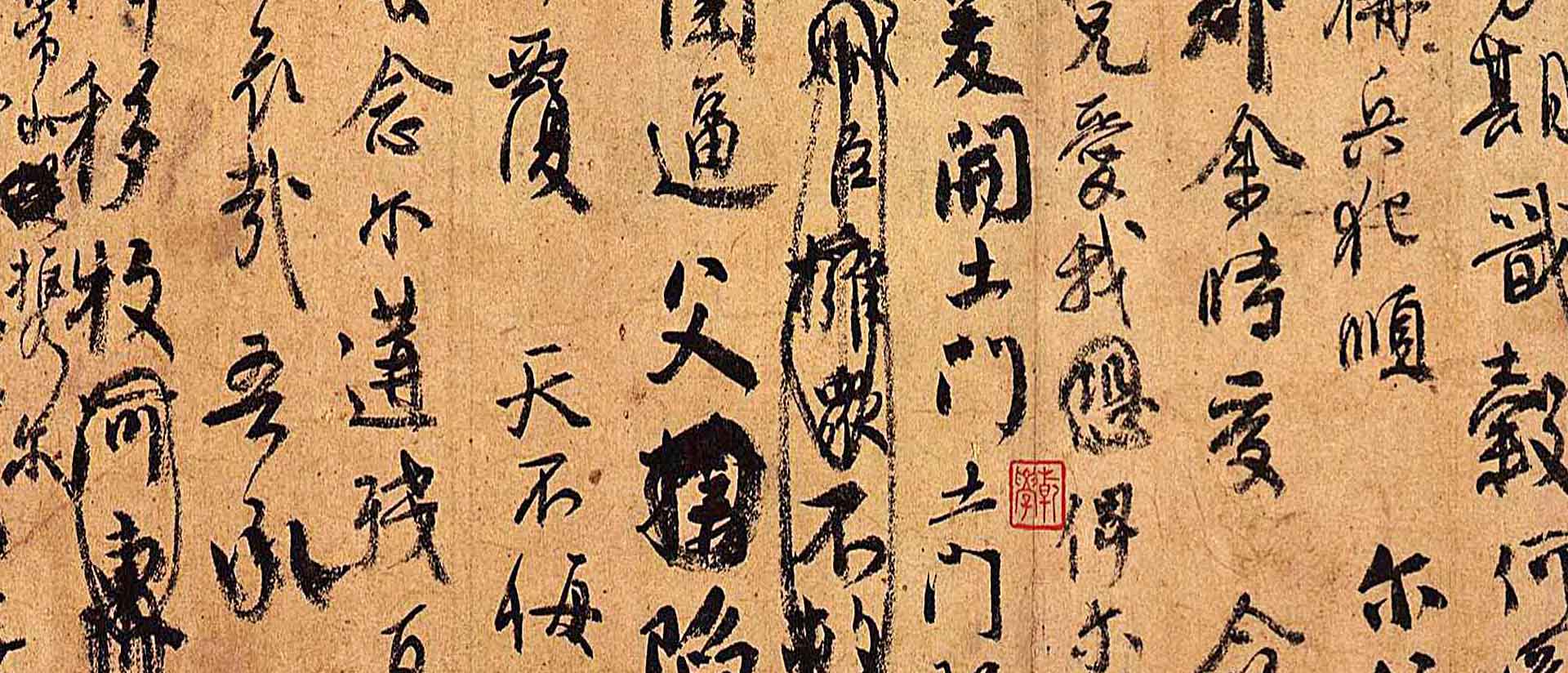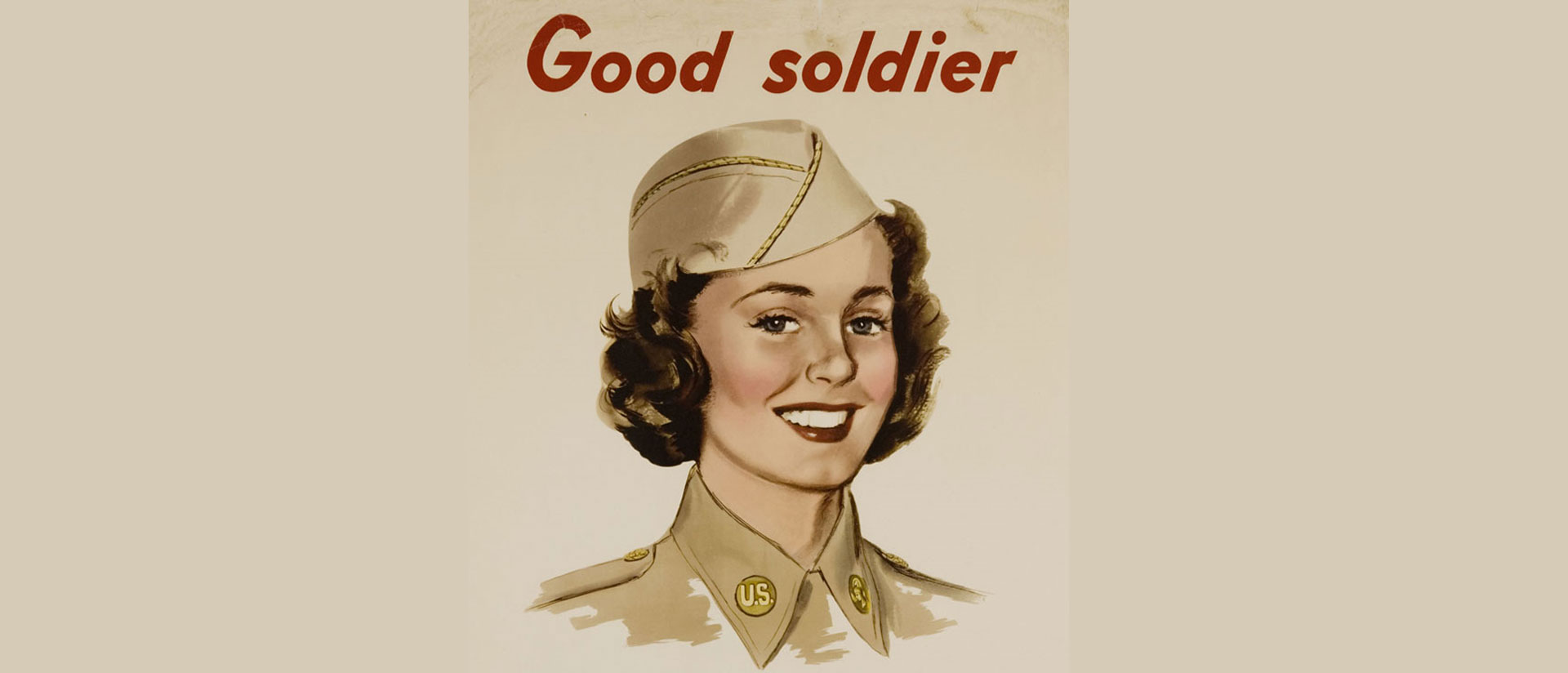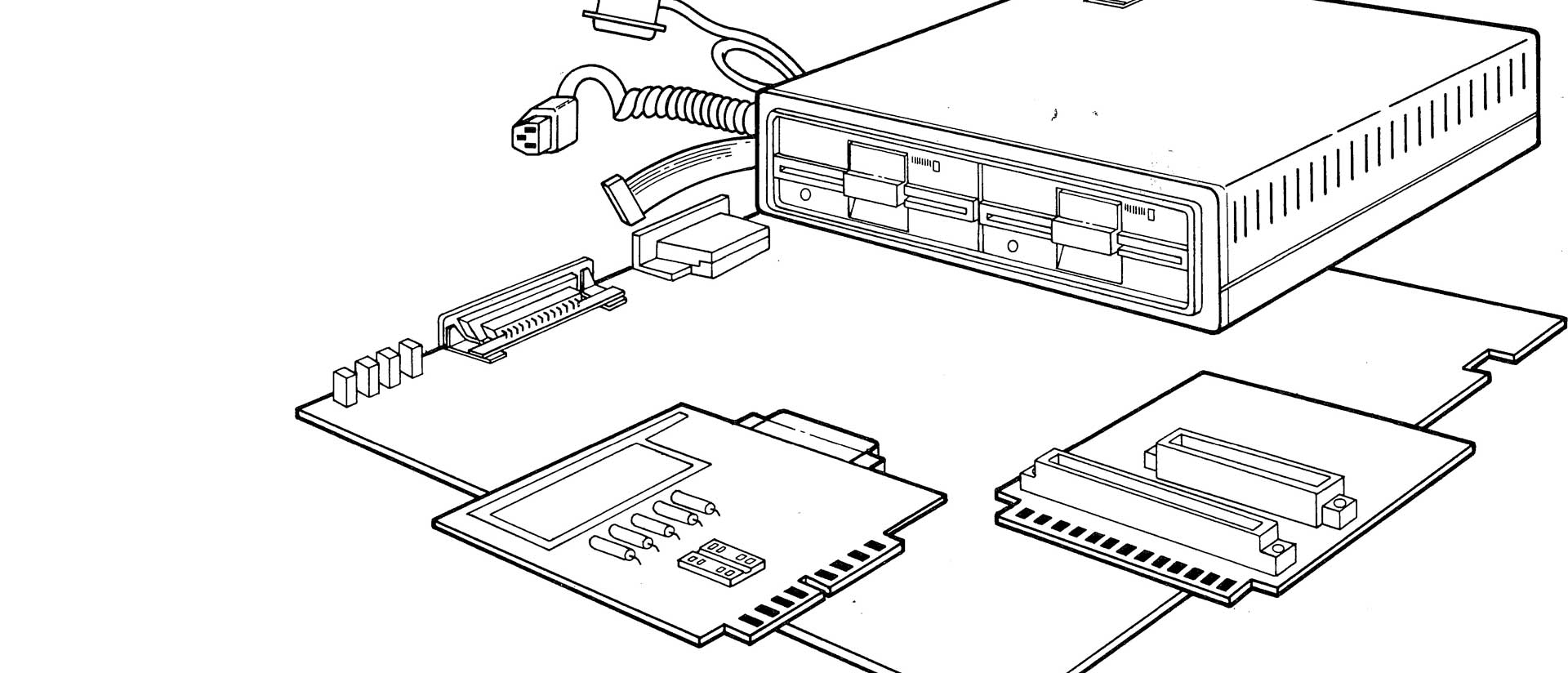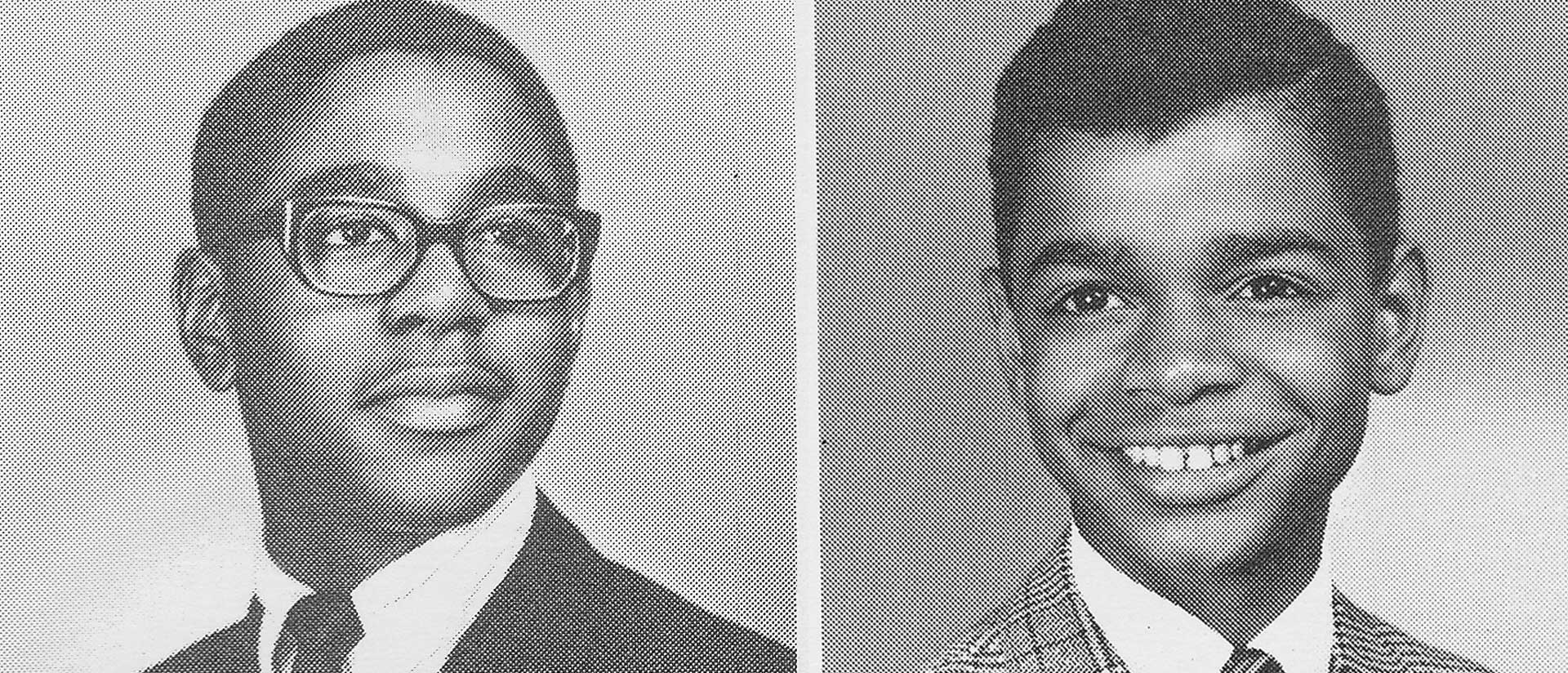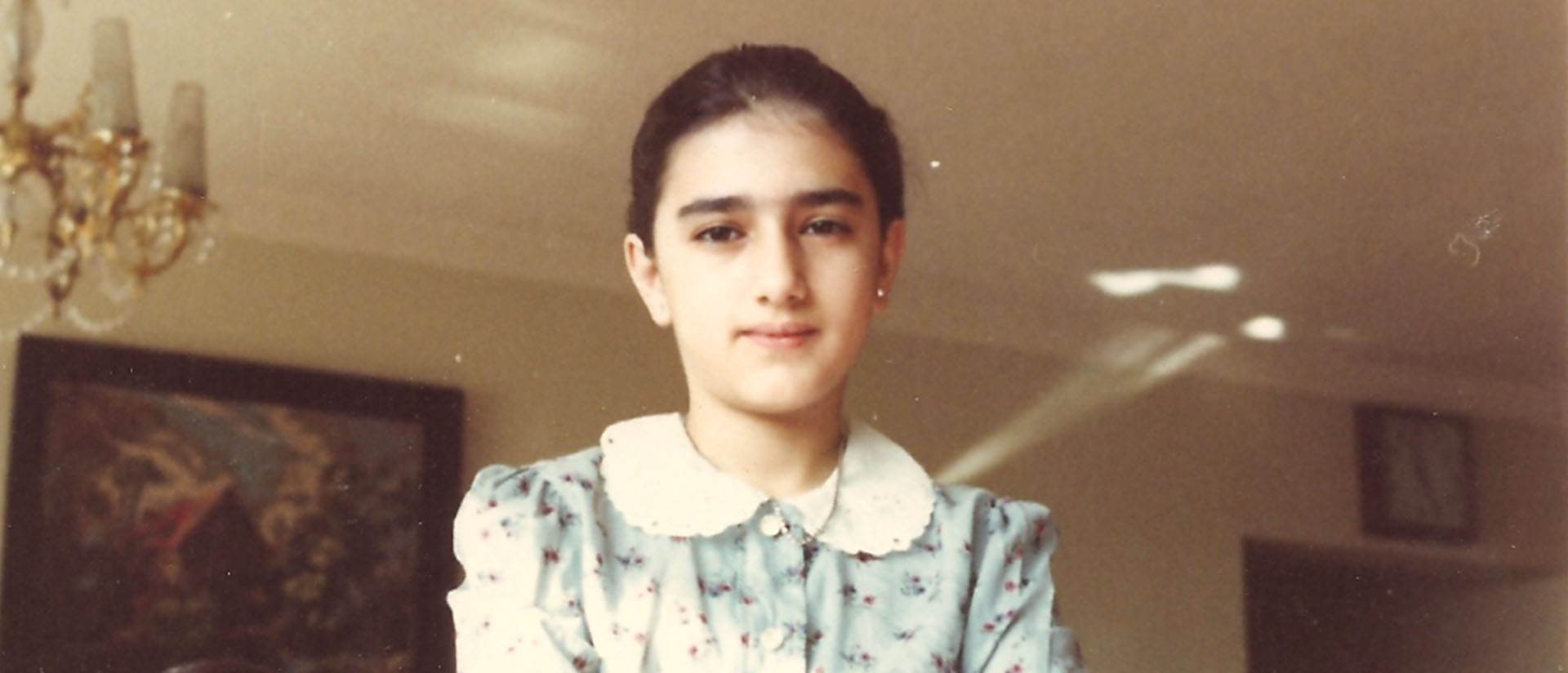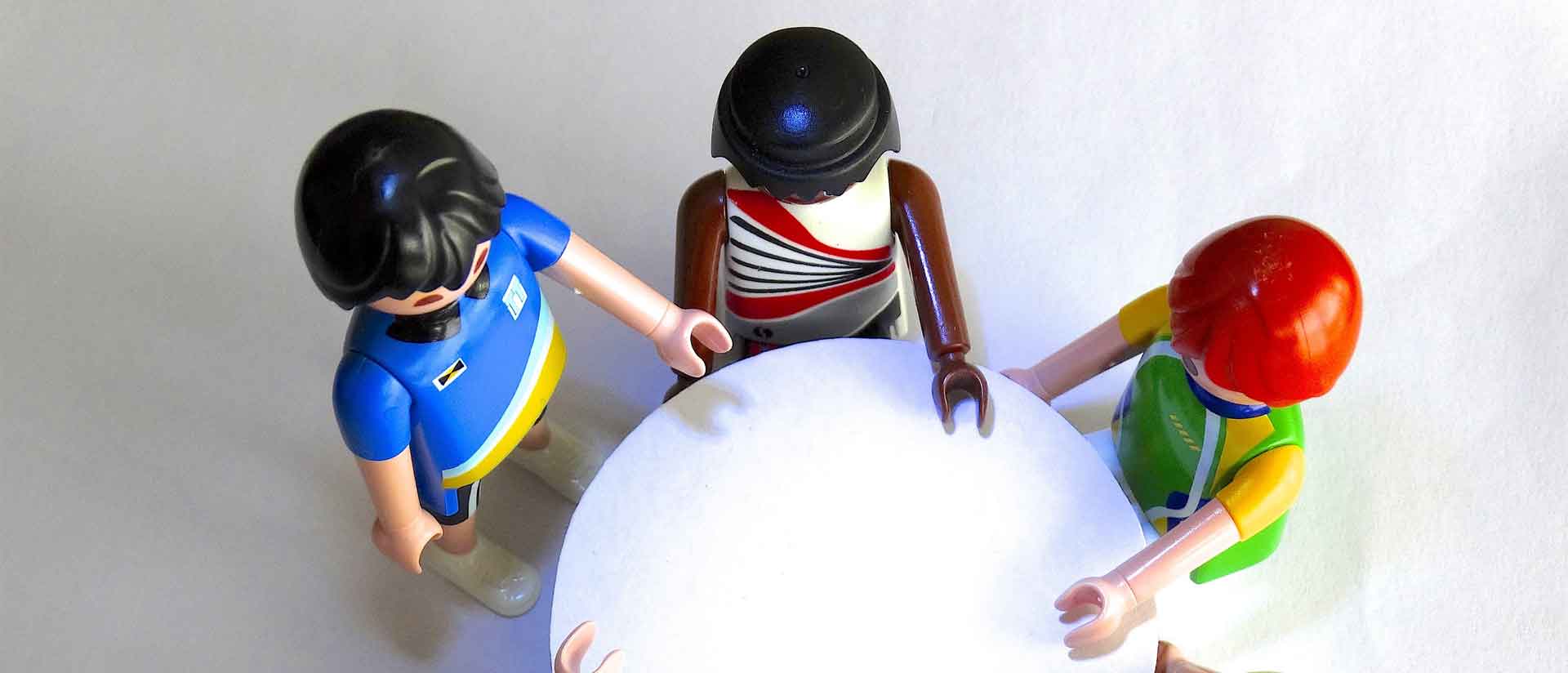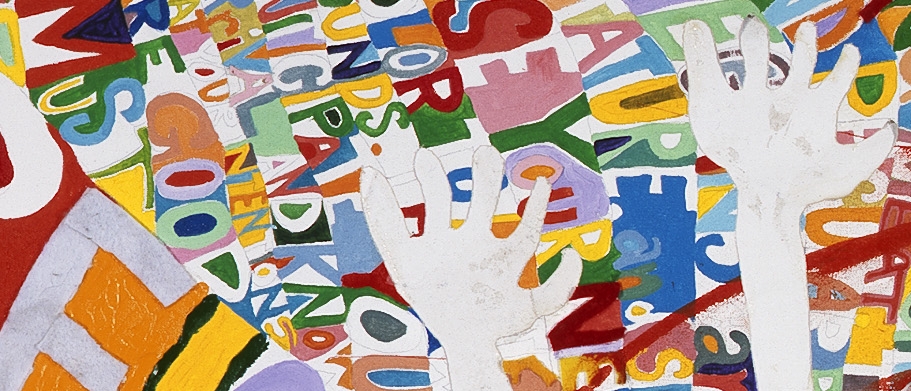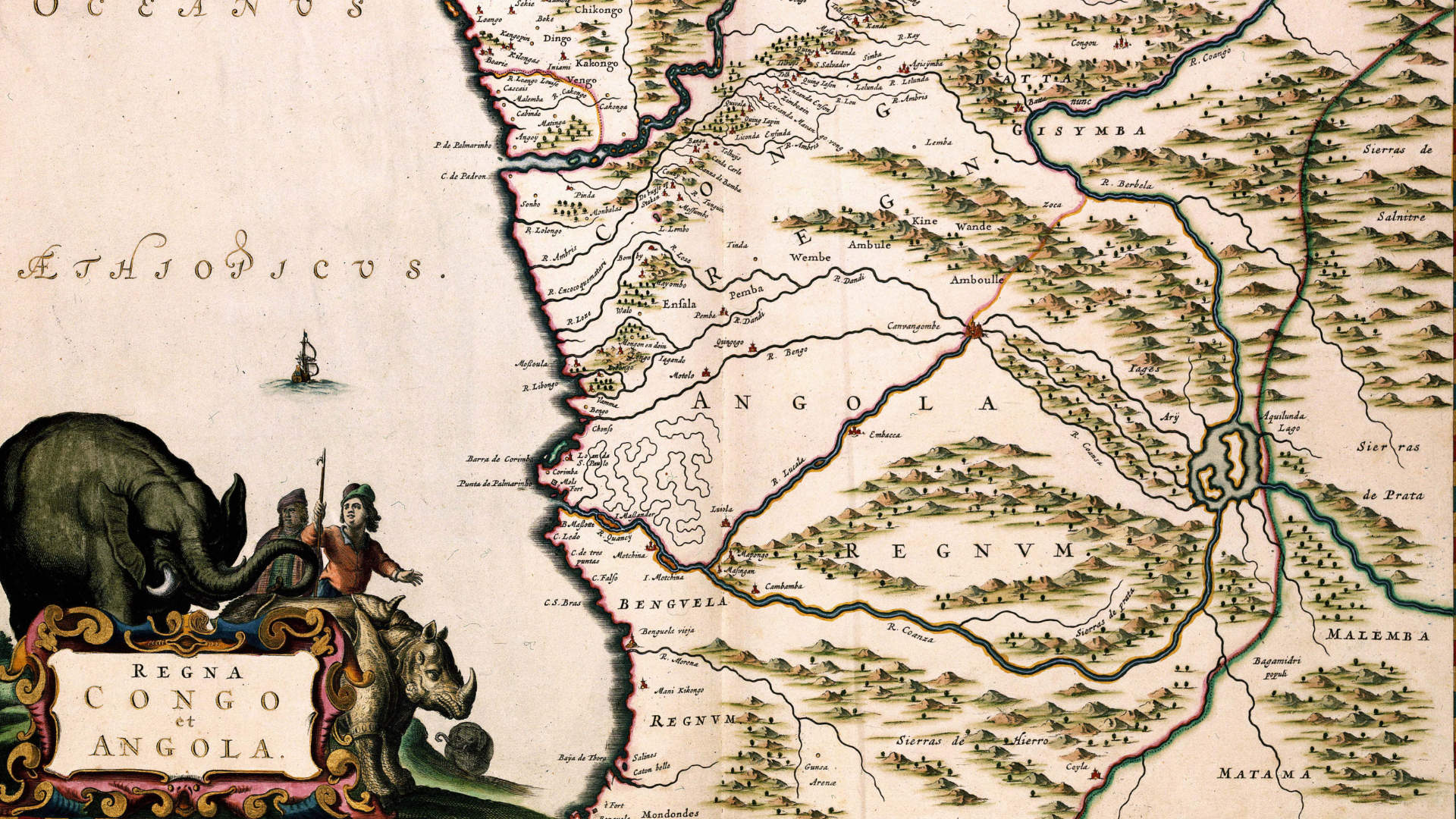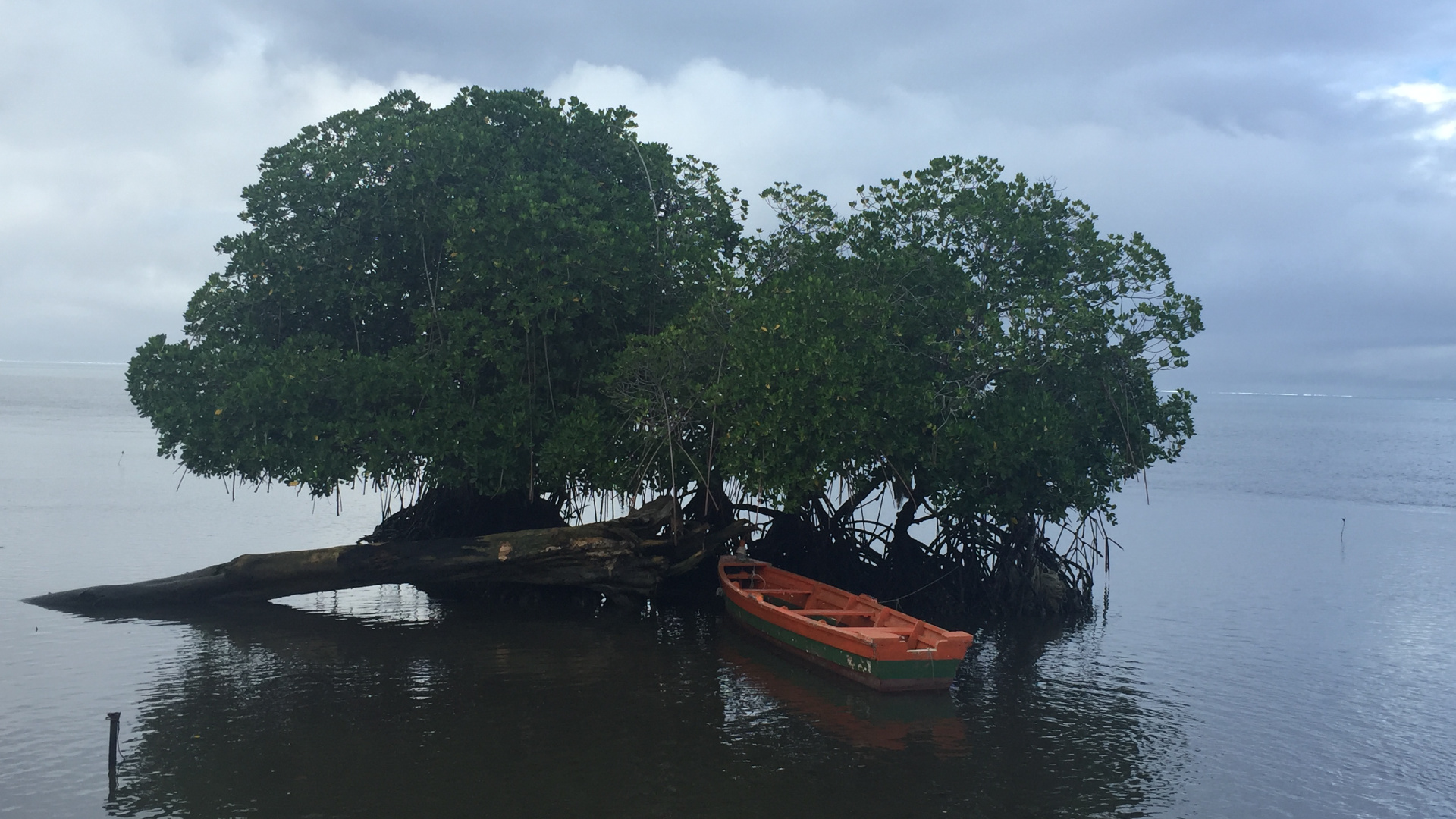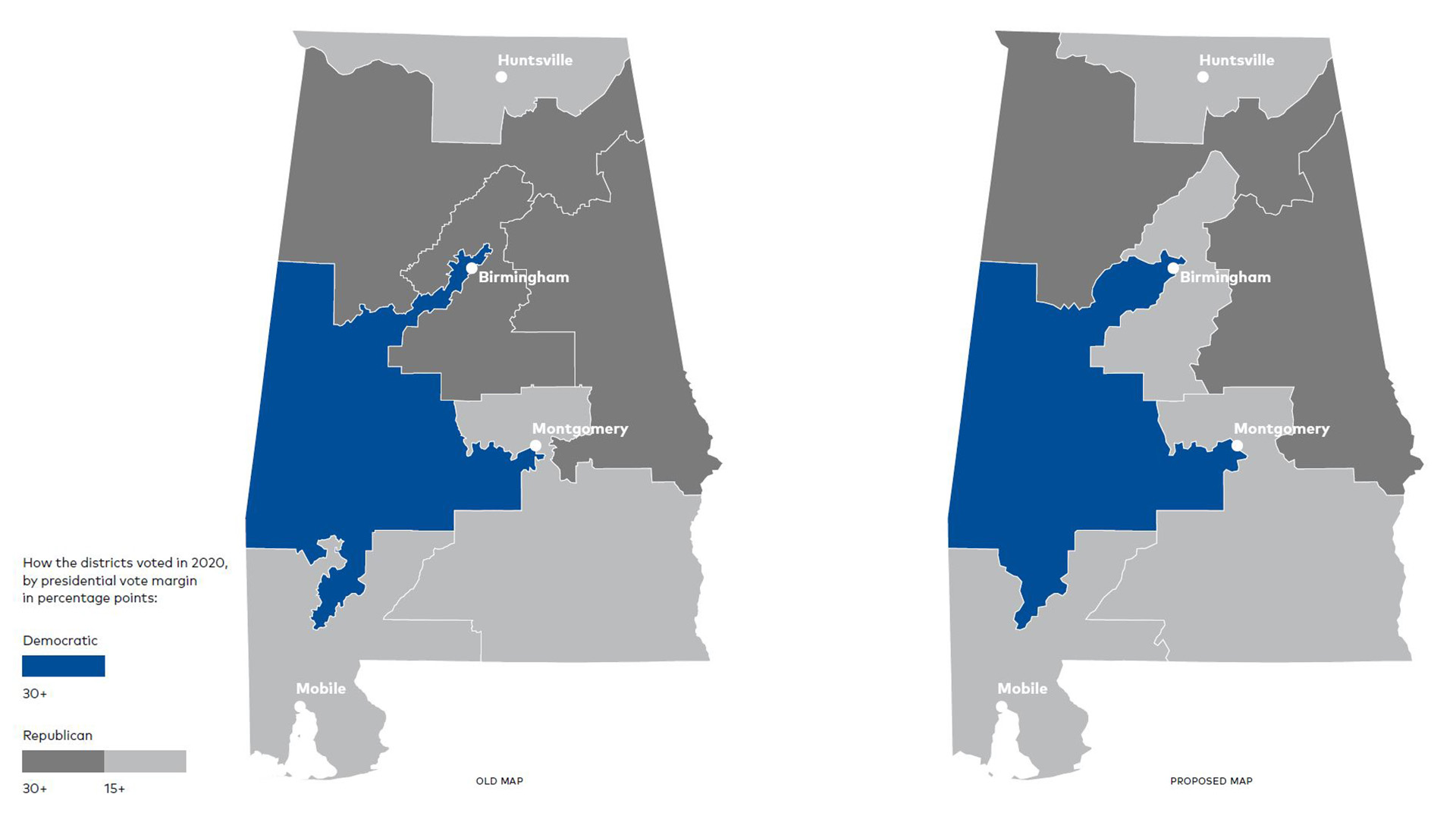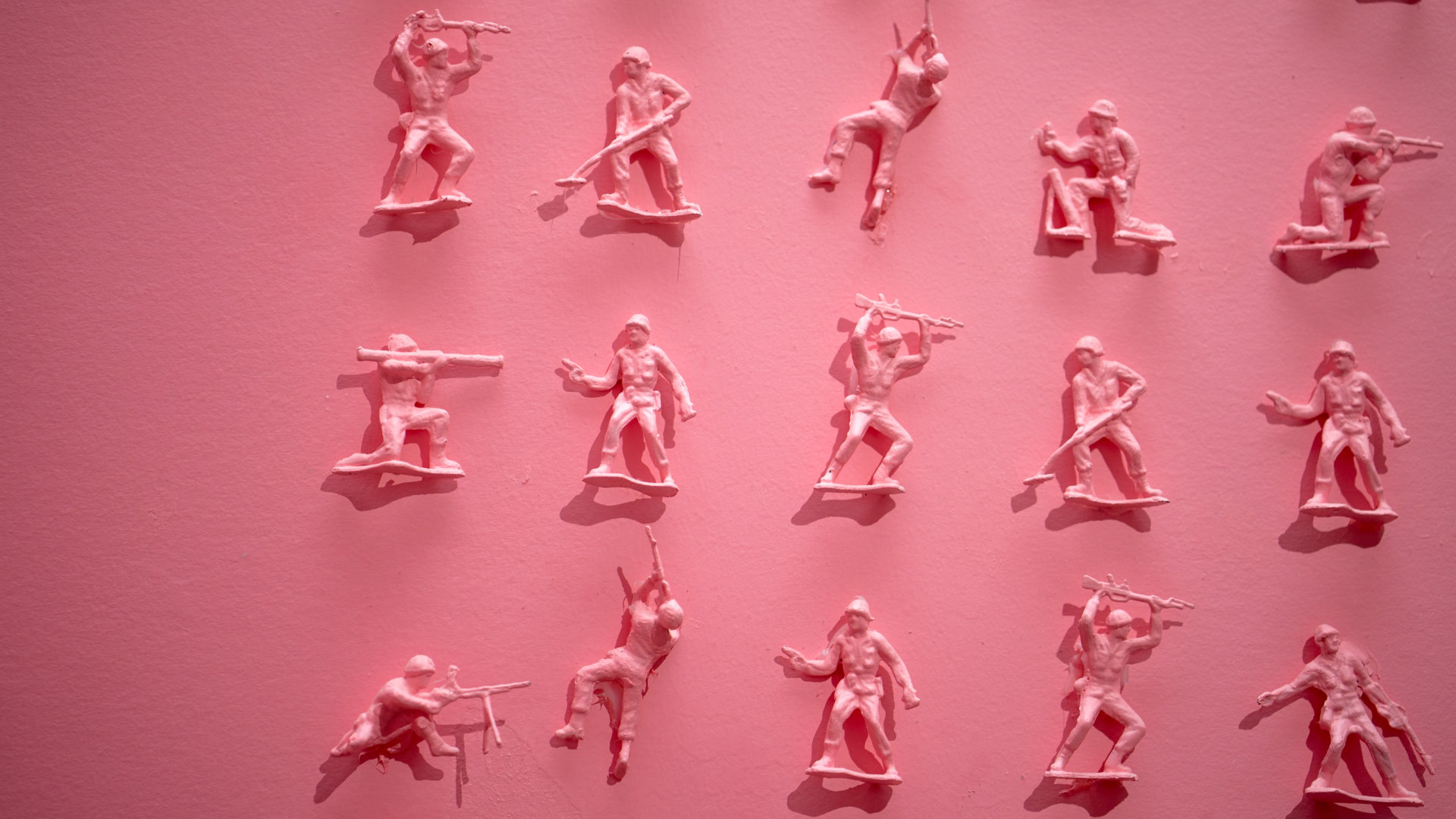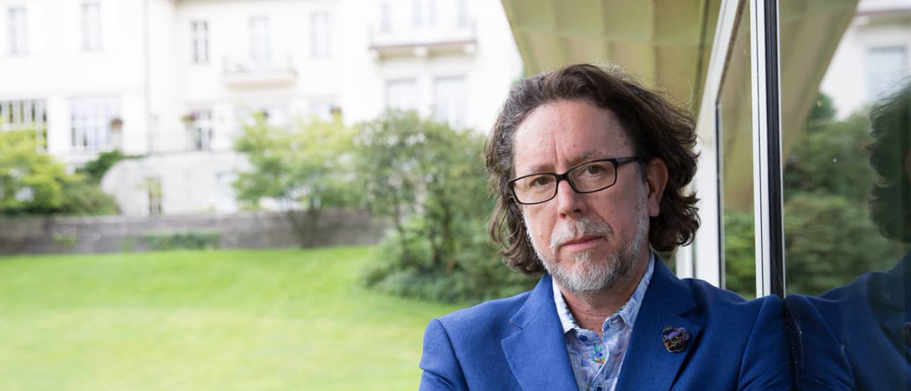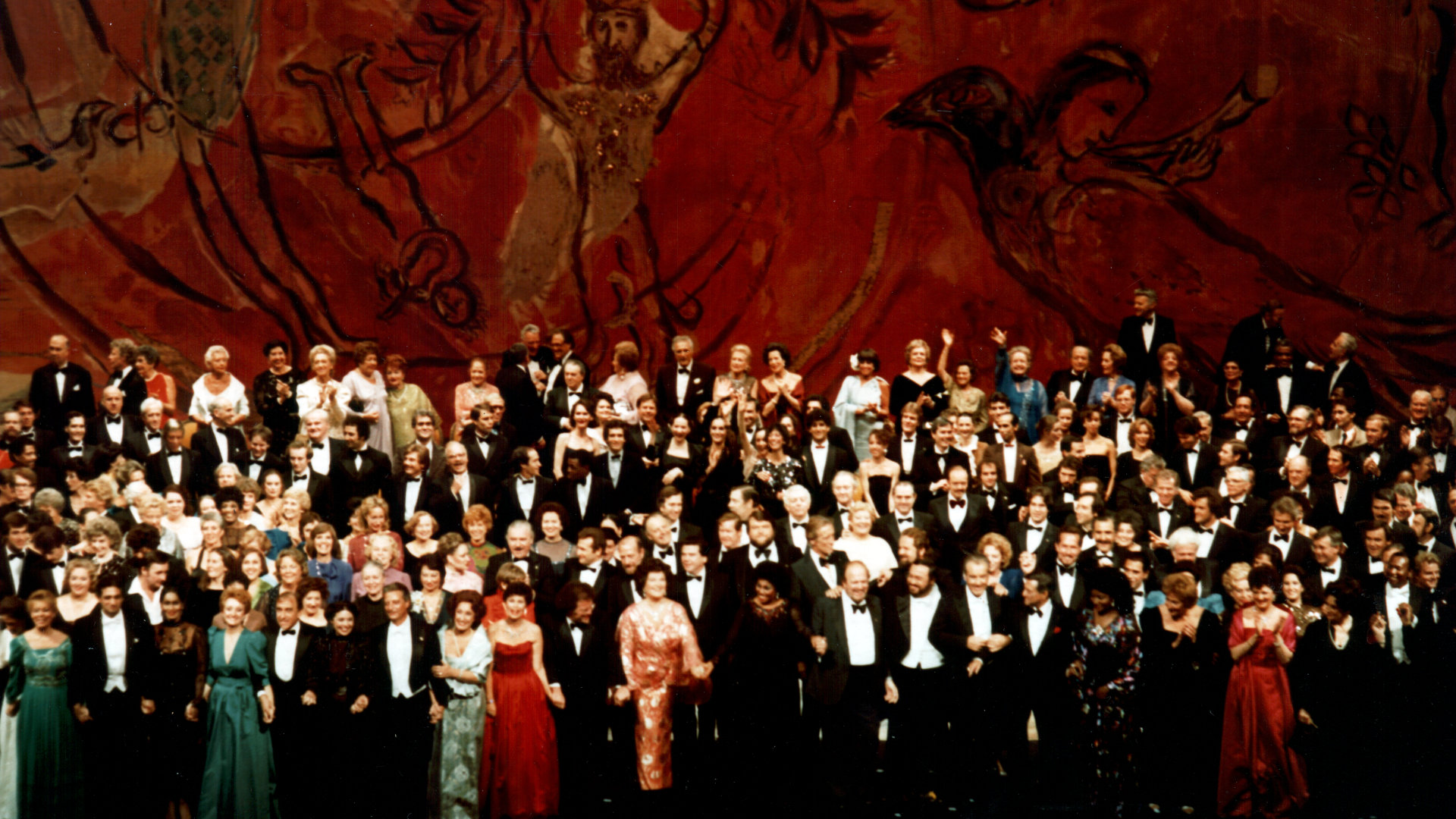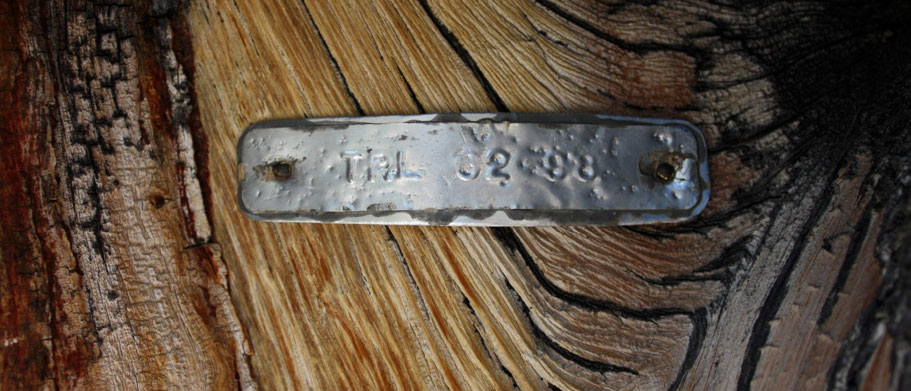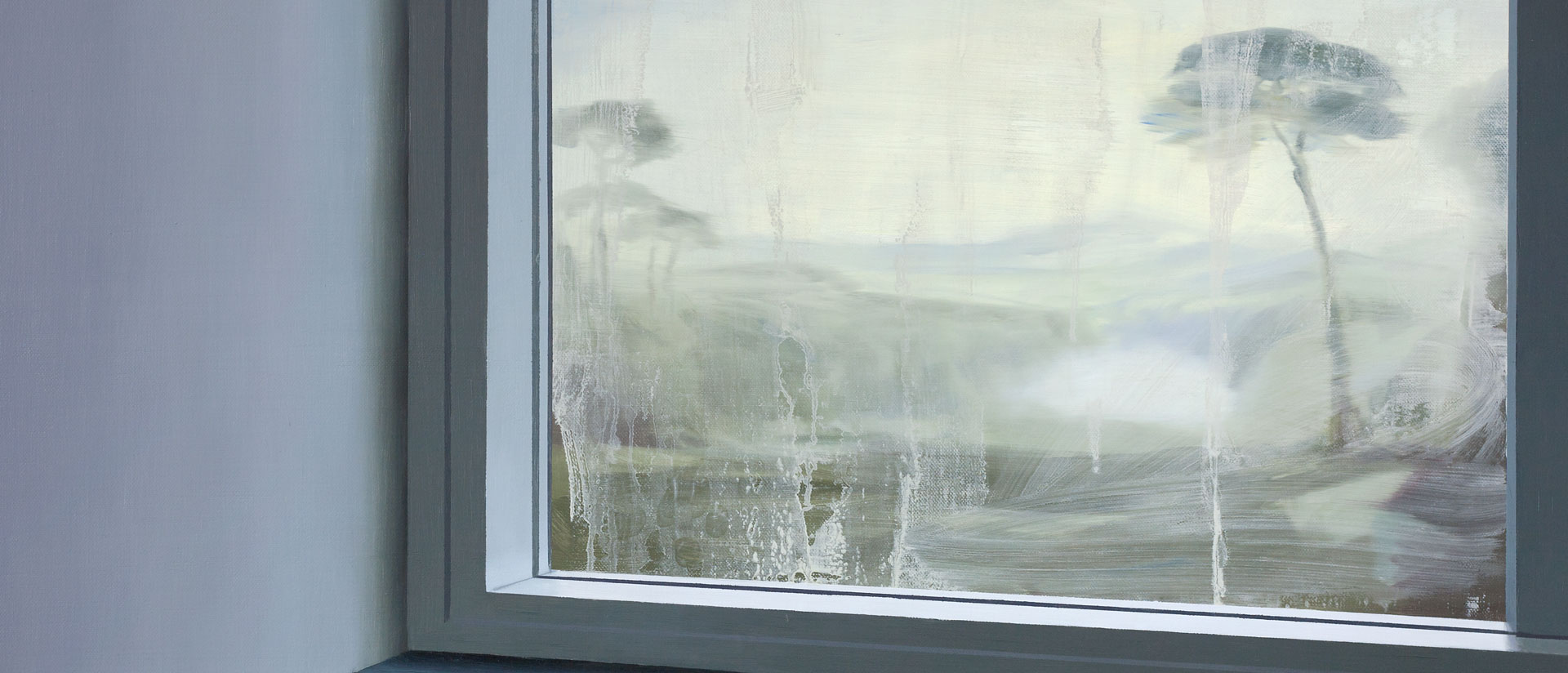
In a Name
Fiction by Thomas Chatterton Williams
When the invitation came to spend the final weeks of spring at the Fuissé-Pouilloux literary retreat in Catalonia, it could not have seemed a more fortuitous proposition. I was 33 years old, a father, and barely hanging on in Paris. It had been a long and dismal winter, and I had thought my second book would have sold the previous summer. The first of the “mixed reactions” came in August, while we were staying with friends on an island in the archipelago south of Stockholm. I was still optimistic then, almost foolishly so, and—in moments that are now embarrassing to recollect—had allowed myself to count my next advance before it’d been cashed, let alone drafted.
We had been in Sweden for about a week. In the mornings, Shaniq’wa would start to stir and call out earlier than at home. I’d shush her softly and crawl out of bed so as not to wake Clotilde. With my toothbrush and toothpaste in my pocket, I’d coax Shaniq’wa from her crib, lifting her out of the blackened cabin and out onto the porch, the sunlight bright in the sky already. She’d squint and wipe her eyes as if she’d never seen daylight, and then bury her head in my shoulder. I’d keep her up high like that, in my arms, all the way to the main house, so tics wouldn’t get to her. Clutching the little ebony baby doll my mother had bought her for Christmas, at my suggestion, its dark brown skin contrasting so demonstrably against her own chalky complexion, my daughter would reach around my neck and gesture at the electric blue waves lapping all around us.
“Regarde, Papa! Ça, c’est un bateau!”
“Yes, that’s a big black boat, baby.”
“C’est un bateau, Papa.”
“Yes, it’s also a boat, though.”
“Eetz ah bote. Hahaha. Eetz ah boooottte.”
“And over there, do you see those birds?”
“Oui, je vois les oiseaux.”
I’d kiss Shaniq’wa’s forehead and put her down inside the main house and light the stove for the first pot of coffee. She’d adapted well to the hard cheese and flatbread that was the Swedes’ traditional breakfast. I’d set her up at the long table then walk out the back of the house, past Bjornsson’s mother’s canvasses stacked against the wall, past the rows of suede chaises, and the collection of large wooden bowls overflowing with bird skeletons (the house was made of glass, and they broke their necks against it almost daily), out across the unvarnished deck and huge flat rocks, down to the edge of the water, where I’d piss and brush my teeth—not in that order. It was oddly delightful, the slight brine of the Baltic with the sweet mint of the toothpaste. I’d move on and splash my face until it felt freshened, and watch Shaniq’wa, already big now and so conscientious in her tasks, through the immense glass panes as I rejoined her.
Those were happy and, in retrospect, carefree days. When Ingrid and Bjornsson and their little girl, Oona, and, last of all, Clotilde, woke up, we’d employ the village mentality of childrearing, taking turns feeding ourselves and rubbing sunscreen on the girls and checking for tics and reading and eating some more, and, later—when the girls were napping or, after so many bedtime stories, asleep for the evening—we’d hand-wash the dishes at the pump, the brackish water so cold the soap clotted, and barbecue and drink and sweat out the day’s liquor in the sauna until, one by one, we dove nude into the freezing seawater. Even in the middle of August, it took your breath away. But when you climbed back on the jetty, stars on every patch of black above, your skin would tingle and the last thing you’d want to do was put on a thread of clothing. When you did, you’d feel new again, and that sensation lingered. We’d sit there and talk about what we hoped to achieve through the absurd work of telling stories. Ingrid and Bjornsson were filmmakers. Clotilde was also a writer.
At some point, we’d say our goodnights and pair off back to our cabins at separate ends of Bjornsson’s mother’s island. As we were reading in bed one night, Clotilde mentioned that Ingrid had told her she’d been invoicing Bjornsson for her time and labor as the family’s primary caregiver, and also for the opportunity cost—all those lost wages and even retirement plan contributions she was not making—every month since giving birth to Oona. “T’imagine? She goes: ‘He can’t just fly to China making documentaries while I raise our daughter and lose my body and my foothold and then one day, when he gets bored, he’ll leave me for someone younger.’” Clotilde cackled. “C’est hallucinant!”
I looked up from my book, a slim volume by James Baldwin. “Even Bjornsson has that kind of income?” Poor Clotilde, she couldn’t invoice me even if she wanted to. She held me in her eyes and smiled gently. “We don’t care,” she whispered. “It’s not so sexy, a contract.” We kissed, and I felt very grateful to my wife in that moment. Through the netting of the Pack n’ Play, I could see Shaniq’wa’s perfect little head of golden cotton candy, the head we’d made together which had always surprised me, resting motionlessly in the distance. I lifted Clotilde’s nightgown and lowered myself slowly on top of her.
The next morning, after breakfast, while Shaniq’wa played with Oona and Ingrid by the water, I used Bjornsson’s mobile broadband to check my email. There was a message from my agent in New York. I had been waiting for it with impatience for the better part of two weeks, but now I had an ominous feeling. Until then, it had been like when I was a teenager applying to Harvard—so long as the application was pending, I could still be accepted. My chest clenched at the salutation, the formality of which let me know I would not be back in the black, at least not that autumn and probably not even that winter.
I closed my laptop and wandered into the woods beyond the outbuildings, up the hillside where you can survey most of the island, through plots of wild blueberries and chanterelles, and down onto the far, rough, and uninhabited section. The views when contemplated in high spirits were stupendous. Even in a depression, they were compelling. Bjornsson’s mother’s taste was impeccable, and her ex-husband was loaded. She’d left the island mostly as nature had forged it, but here and there, she’d made some improvements: tree-branch sculptures, black teepees, and stacks of heavy boulders; the rational effect was both gratifying and gratuitous amidst all that natural splendor. It’s strange what you can notice even in the middle of a disaster. I lay down in a thatch of purple moss where I could not be seen and began to worry.
I did the familiar tally. For the foreseeable future, there would continue to be more going out than coming in. Since moving to France, I had become inured to juggling credit. When the AmEx was due, I’d pay it with Discover then shift a chunk of that balance over to Bank of America whenever they were offering 18 months at zero APR. At some point, President Obama changed the law, and lenders were forced to disclose the payback timescales; I was, in turn, forced to confront the alarming math that dictated if I continued making minimum payments, the original sum I’d borrowed would balloon and get settled somewhere between when Shaniq’wa was driving and graduating from college. All of my own student loans were in deferment. Clotilde did not understand this, not really. And anyway, my credit situation was very much my own problem. It had nothing to do with the small inheritance she lived on.
I was, in turn, forced to confront the alarming math that dictated if I continued making minimum payments, the original sum I’d borrowed would balloon and get settled somewhere between when Shaniq’wa was driving and graduating from college.
It suddenly struck me that I would have to explain to the others at lunch that my novel hadn’t sold, and they would induce that I was a failure. I did not want to think about that, because I did not want to think of them feeling sorry for me. After I collected myself and began the walk back to the main house, I used my phone to take what I knew would be a gorgeous photo of Bjornsson’s mother’s boat, an all-black Finnish number with a jet-propulsion engine. It was a remarkably fast and good-looking boat parked lengthwise along the jetty. In landscape view, I could get the boat, a portion of the sauna, and the high grass and wildflowers surrounding our minimalist Swedish cabin. The sky, like the water, was intensely blue and golden. I picked a filter that made the colors richer and adjusted for shadow. As I continued on, it sounds so stupid to say, my spirits lifted a little thinking about the likes I would garner for this picture.
I have had, for some time now, an abiding fear that my wife fell in love with me at an artificial highpoint, a stage in my life that seemed like a natural enough progression, but which, in retrospect, was really a stark aberration. She would not put it this way, not yet, but that doesn’t make it less factual. It had seemed, for a brief moment when I met her, as though my first book might even be made into a movie! I can’t even stand to remember that now. At that juncture, I was also having unusual success with women. The same week that I met Clotilde, I had had sex with three other people. I am sure that this affected my demeanor. I must have struck her as a man who was going places and had options. I do not hold any of this against her. I had drawn the same premature conclusions.
“America is crazy!” she’d marveled. “You can just sell a book like that, and they pay you like that!?” She looked at me with real admiration. “In France, that could never happen.”
Though she’s a writer, she’d been raised differently, with servants and even a stint in England. She’d had the kind of childhood that accustoms a person to certain things—and insulates them from others—on the inside, certain habits and reflexes that cannot just be discarded, not even when the outer situation changes. When Clotilde’s father left her mother for his mistress, she was seventeen and fully molded. Her circumstances would not look like that again, but some bells won’t unring.
When we started getting together, Clotilde did not earn very much money, and she did not know the true price of a drink, for example. She didn’t seem to care, either—a genuine insouciance so strange to me it was intoxicating. On our first “date”—she laughed at that American word—she wore a sleek black dress she admitted was Balenciaga, and ordered Ruinart blanc-de-blancs by the glassful. I was in Paris and feeling like it really was a feast, awaiting the publication of my first novel, for which I’d been almost laughably overpaid, earning supplemental money as a social media consultant for a giant luxury conglomerate that put me up in a five-star hotel in Saint-Germain-dès-Pres.
I met up with Clotilde in the neighborhood she’d grown up in, between the Tour Montparnasse and the Luxemburg Gardens. We thought it funny to have drinks at the Closerie des Lilas, where a man plays the piano in a white dinner jacket and everything is priced triple because, once upon a time, Hemingway wrote this or that story on the veranda. I was expensing our dinner. Afterward, we went back to my room and spent an electric night in each other’s arms, even though she was on her cycle. It was chaste in a way that actually brought us closer. For the next week we went out every night, and she smelled like perfume and cigarettes and wore incredible outfits. When my work ended, we moved out of my hotel into her modest walk-up on the other side of the river, in a side street off of the one with all the aging prostitutes in fishnet stockings. When I went to turn on the lights in her flat, nothing happened. She had not paid the utilities, but in the summer in France the sun doesn’t set, not fully, until almost eleven—and in a few days she’d be with friends in Sardinia anyway. Would I like to come along with her? Lying in bed, sweating in the dark with no fan but with the big windows pushed all the way open, I bought a ticket to Alghero on my phone that same evening.
We thought it funny to have drinks at the Closerie des Lilas, where a man plays the piano in a white dinner jacket and everything is priced triple because, once upon a time, Hemingway wrote this or that story on the veranda.
An education, I’ve half come to believe, is a disorienting and artificial—possibly even a devious—imposition. It snatches you out of one place and slaps you down in another, whether or not you’re supposed to be there. It gives you permission to admire certain things, and leaves you suddenly, alarmingly dissatisfied with and cold toward others, whether or not you are ready to live the consequences. My flaw, the main one—or this is how I flattered myself to perceive it—was that my own schooling, especially what transpired outside of the classroom, had left me overly fond of words and ideas—“new perspectives” I romantically learned to call them—and underwhelmed with stability, climate-controlled offices, and the laws of compound interest: all things that other people’s parents, I’ve slowly come to understand, value even when their children pretend not to. I did not blame my own people who had done the best they could for me, but from time to time, I did fear I’d already not done my best for Shaniq’wa.
Shortly after she’d been born, my parents asked us—out of genuine bewilderment, and, I fear, also visceral disdain—why the hell we’d named our daughter Shaniq’wa. They were descended from sharecroppers, before that human chattel who worked plantations in Tennessee, Louisiana, Arkansas, and Georgia, and God knows where else, to be honest. Judging from both of their tawny complexions, and my father’s freckles and Shaniq’wa’s blue eyes, they were also descendedfrom some of the slave-owners. We know about as much about that branch of the family as we know to which tribes we’re kin in Africa. Mama and Pop were of a generation of hardworking new-to-the-North, barely middle-class blacks who had accumulated more than anyone had before them, but who were nonetheless two missed paychecks removed from having to file for welfare—people for whom respectability and self-presentation were matters of life and death more than snobbery. “It was just a way of remembering,” I told them. “We named her that so she won’t forget where she comes from.”
“That is not where she comes from,” my father—a quiet man who never to my knowledge took a vacation—protested.
“We wanted to challenge society’s oppressive conventions,” I ventured weakly, but already I no longer really believed in what I was saying. I could not have explained how the name was also ironic.
“That girl’s going to have a hard time applying to colleges,” my mother cautioned.
“On the contrary,” Clotilde said, trying to leaven the situation. “From what Thomas”—she always pronounced my name the French way, toe-mah—“tells me, it may even help her!”
Mama cut her a look that happily I do not think she noticed, because she was nursing. I saw it, though, and it was one more of those times when I wondered where my education had left me.
Image: Tommy Hilding, Turner View (detail), 2016. Oil on linen, 70 x 100 cm. Image courtesy Galleri Magnus Karlsson

